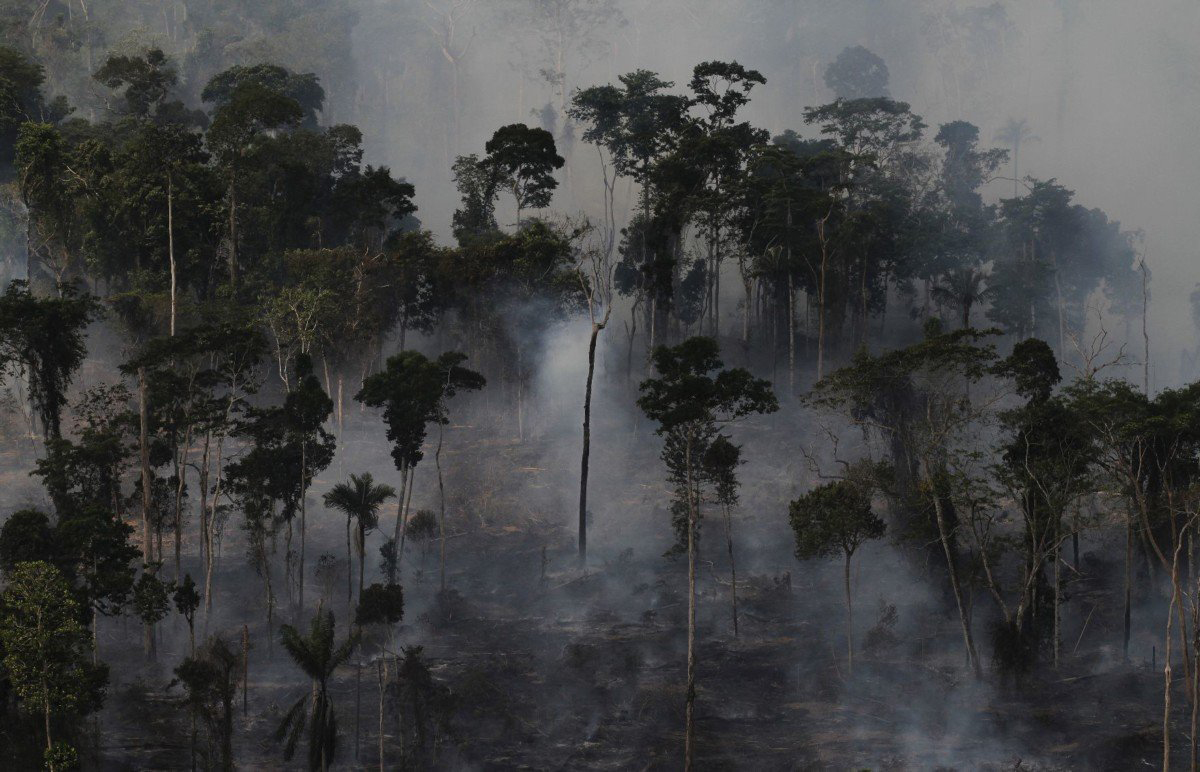One of the key reasons why tropical forests are so important is their incredible biodiversity. These forests are home to a vast array of plant and animal species, many of which are found nowhere else in the world. The rich diversity of tropical forests not only makes them a treasure trove of unique and irreplaceable species, but also provides important ecological services such as pollination, seed dispersal, and pest control.
In addition to their biodiversity, tropical forests are also vital in the fight against climate change. These forests absorb and store large amounts of carbon dioxide from the atmosphere, helping to mitigate the impacts of greenhouse gas emissions and slow the pace of global warming. By preserving and restoring tropical forests, we can help to reduce carbon emissions and protect the planet for future generations.
Another important function of tropical forests is their role in regulating the water cycle. These forests act as natural sponges, absorbing rainfall and releasing it slowly over time. This helps to prevent flooding during periods of heavy rain, as well as droughts during dry spells. By maintaining healthy tropical forests, we can ensure a steady supply of clean water for both people and wildlife.
Tropical forests also hold significant cultural importance, particularly for indigenous communities who have lived in these forests for generations. Many indigenous groups rely on tropical forests for their livelihoods, traditional knowledge, and cultural practices. Preserving these forests is not only important for protecting biodiversity and ecosystem services, but also for respecting the rights and traditions of indigenous peoples.
Lastly, tropical forests have a high economic value, providing a wide range of ecosystem services that support local economies and livelihoods. These forests are a source of timber, fruits, medicinal plants, and other resources that are essential for human well-being. By promoting sustainable practices such as agroforestry and eco-tourism, we can ensure that tropical forests continue to benefit both people and the environment.
In conclusion, tropical forests are an invaluable resource that must be protected and preserved for the benefit of all. By recognizing the importance of these forests for biodiversity, carbon storage, water regulation, cultural heritage, and economic value, we can work together to ensure a sustainable future for our planet. It is essential that we take action now to safeguard tropical forests for generations to come.





